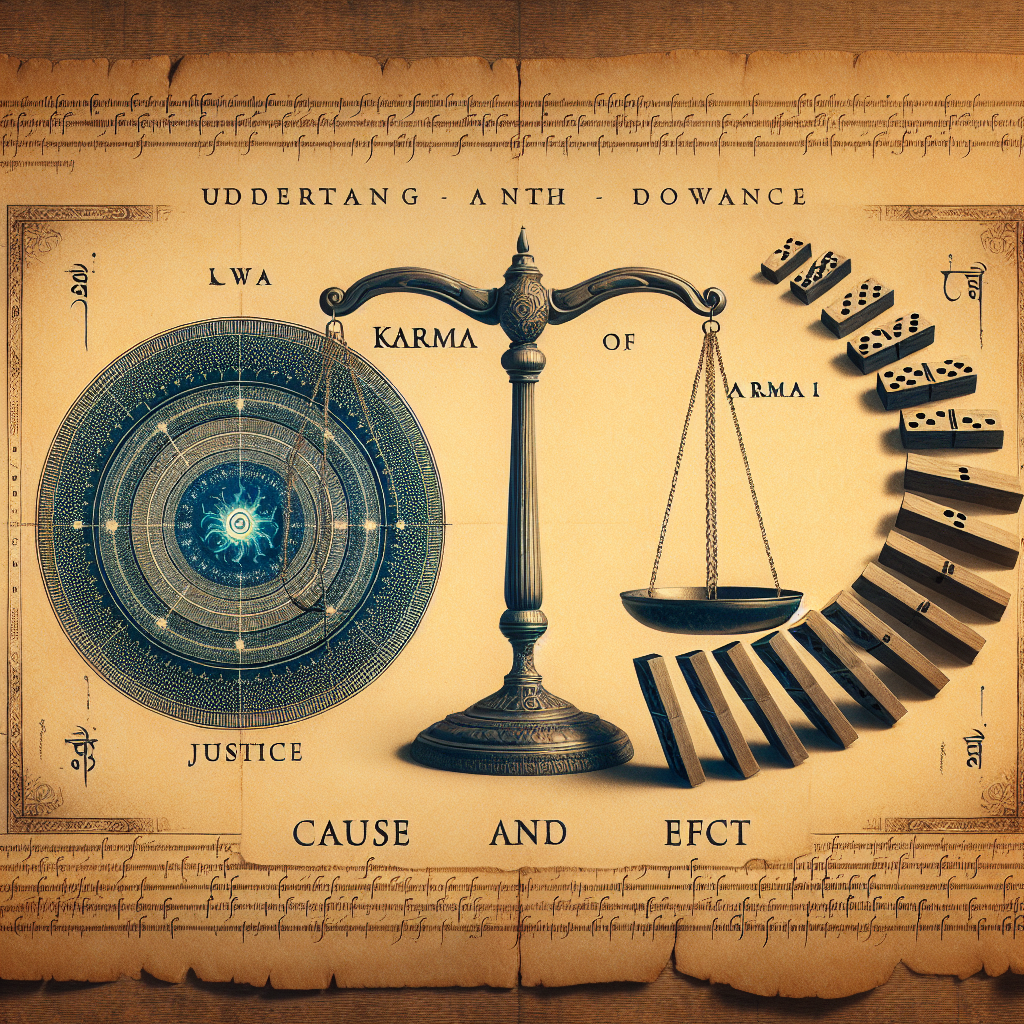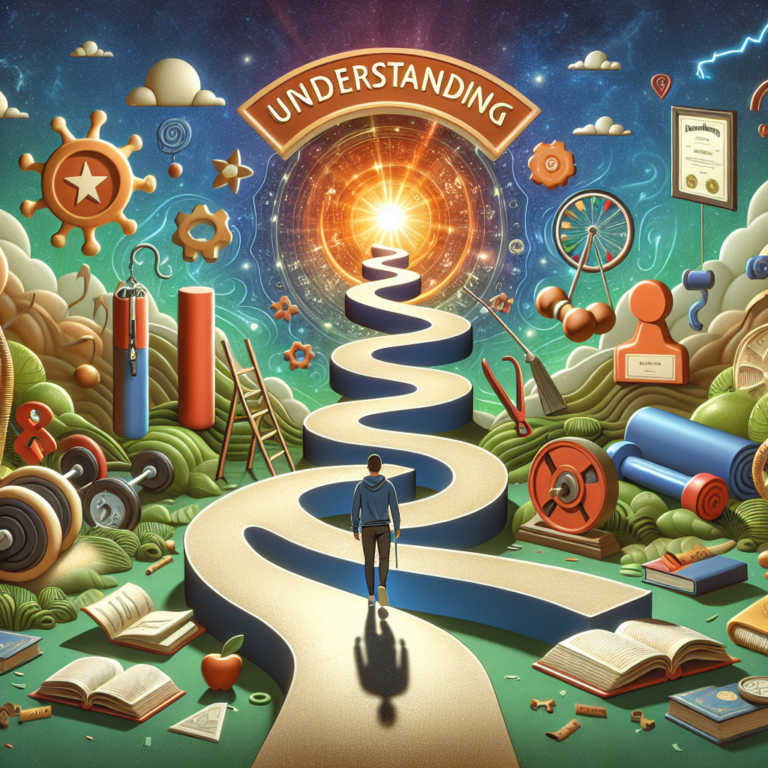The Law of Karma is an age-old concept that encompasses the fundamental principle of cause and effect. Often misinterpreted as a mere retributive justice system, the Law of Karma is much more than that. It is a comprehensive understanding of how our actions—whether positive, negative, or neutral—shape our experiences and interactions in daily life. This article aims to explore the nuances of the Law of Karma, its implications on personal life, relationships, and overall well-being, along with practical ways to integrate its teachings into our everyday experience.
The Origins of Karma
Karma stems from ancient Indian philosophies and is pivotal in many spiritual and religious frameworks, notably Hinduism, Buddhism, Jainism, and Sikhism. The term “Karma” comes from the Sanskrit word “karmā,” which means “action.” In these traditions, every action has consequences that can manifest either immediately or in future lifetimes. This belief implicates that individuals are responsible for their actions, thus shaping their destinies over time.
The Core Principles of Karma
To fully grasp the Law of Karma, it is essential to delve into its core principles:
- Every Action Has Consequences: Every act, whether good or bad, sets forth a ripple effect that impacts not only the individual performing the action but also others around them.
- Intent Matters: The motivation behind an action influences the nature of its consequences. Actions driven by genuine goodwill may yield positive results, while those rooted in malice may come back negatively.
- Karma is Not Punishment: It is essential to understand that karma should not be viewed as a punitive mechanism but rather as a natural law that reflects the balance in life.
- The Cycle of Rebirth: Many traditional views posit that the effects of one’s actions can persist across lifetimes, suggesting a continuity of experiences that individuals undergo due to their past actions.
Karma in Daily Life
Understanding the Law of Karma encourages proactive living and heightened awareness about our actions and their potential repercussions. Here’s how it plays out in daily life:
1. Personal Responsibility
The principle of personal responsibility states that individuals hold the power to shape their realities through their choices. The Law of Karma suggests that by recognizing the impact of our actions, we can take charge of our lives. When challenges arise, we can ask ourselves what actions may have contributed to these experiences, fostering a greater sense of accountability.
2. Relationships
Our interactions with others are prime examples of the Law of Karma at play. Positive actions—such as generosity, kindness, and compassion—can enhance our relationships, leading to a supportive community. In contrast, negative actions—such as deceit, betrayal, or malice—can lead to conflict and estrangement. By practicing awareness in our interactions, we can foster healthier and more fulfilling bonds.
3. Career and Ambitions
In the realm of careers and ambitions, Karma serves as a reminder that the energy we put into our work can have lasting impacts. Hard work, ethics, and dedication often lead to success, while unethical behavior or shortcuts may lead to setbacks. Understanding this principle can motivate individuals to cultivate a positive work ethic and contribute meaningfully to their fields.
4. Emotional Well-Being
Our emotional state is directly influenced by our actions and thoughts. Practicing gratitude, mindfulness, and compassion creates positive emotional resonance, contributing to overall well-being. Conversely, harboring negative emotions such as anger or resentment can lead to emotional turbulence. Acknowledging the Law of Karma encourages us to cultivate a positive mental space.
Practicing Karma Awareness
To incorporate the teachings of Karma into daily life, one can engage in various practices:
1. Mindfulness and Reflection
Mindfulness practices, such as meditation or journaling, can help individuals become more aware of their thoughts and feelings. Reflecting on daily actions and their intentions fosters a deeper understanding of the causes and effects in life.
2. Intentional Actions
Being conscious of the intentions behind our actions can lead to a more meaningful existence. When navigating interactions with others, consider: “What energy am I bringing to this situation?” Approaching every interaction with goodwill can create a more positive ripple effect.
3. Practice Compassion
Compassionate actions towards others create positive karmic imprints. Acts of kindness can range from simple gestures, like helping a neighbor, to broader actions such as volunteering for community service. These actions not only benefit others but also contribute positively to one’s own karma.
4. Let Go of Negativity
To heal from negative experiences, it is crucial to let go of past grievances and focus on moving forward. Holding onto anger or resentment can create negative karmic cycles. Practicing forgiveness and moving forward can help break these cycles and promote healing.
Common Misconceptions About Karma
Despite its significant teachings, various misconceptions surround the Law of Karma. Here are a few:
1. Karma is Retribution
A common misconception is that karma is solely retribution for bad deeds. However, karma is about balance and interconnectedness, not merely punishment. Good actions also generate positive karma, leading to favorable outcomes.
2. Karma is Immediate
Many people believe that karma results are instantaneous. In reality, the manifestation of karmic consequences may take time, sometimes spanning across multiple lifetimes. This reflects a more complex understanding of life’s interconnectedness.
3. We Have No Control Over Karma
Some might think that karma is predetermined and unchangeable. However, we have the power to influence our karma through mindful actions and decisions. Recognizing this empowers individuals to take control of their lives.
Conclusion
The Law of Karma embodies the timeless truth of cause and effect, urging individuals to live with intention, compassion, and responsibility. By understanding and applying the principles of karma to daily life, we can cultivate an environment that promotes personal growth, nurturing relationships, and emotional wellbeing. Looking inwardly and being aware of our actions can lead to a fulfilling life, characterized by peace, happiness, and balance. Ultimately, embracing the Law of Karma encourages us to engage deeply with life, cultivating a world that reflects our highest values.
FAQs
, It seems like you might have a specific prompt in mind. Could you provide a bit more detail or context so I can assist you better? Whether you’re looking for creative writing, information on a topic, or help with a specific question, I’m here to help!, #Law #Karma #Understanding #Effect #Daily #Life, #Law #Karma #Understanding #Effect #Daily #Life, 1734058582, the-law-of-karma-understanding-cause-and-effect-in-daily-life





